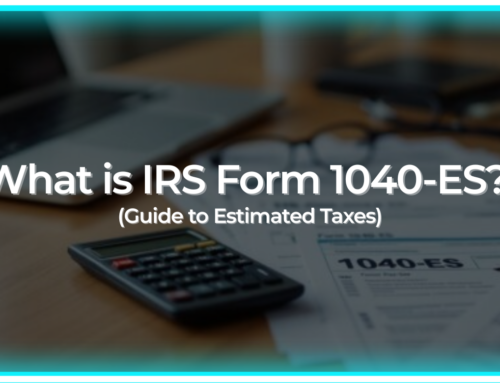Hi everyone, I’m Bette Hochberger, CPA, CGMA. Depreciation is a powerful tool in the world of real estate investors, offering significant tax advantages and opportunities for long-term financial growth. In this blog, I’ll discuss the fundamentals of depreciation, explore how it benefits real estate owners, and provide actionable insights for maximizing tax savings. Let’s dive in!
Understanding Depreciation
What is It?
Depreciation is the gradual decrease in the value of an asset over time due to wear and tear, obsolescence, or usage. In the context of real estate, it refers to the allocation of the property’s cost over its useful life.
Types of Depreciation
Real estate investors commonly utilize two types: straight-line depreciation and accelerated depreciation methods such as MACRS (Modified Accelerated Cost Recovery System). Understanding these methods is crucial for optimizing tax benefits.
Tax Benefits for Real Estate Owners
Tax Deductions
Depreciation allows real estate owners to deduct a portion of the property’s value from their taxable income each year. This deduction can result in significant tax savings, effectively lowering the owner’s overall tax liability.
Increased Cash Flow
By reducing taxable income, depreciation enhances cash flow for real estate investors. This additional cash can be reinvested in the property, used for property improvements, or allocated towards other investments.
Offsetting Passive Income
For owners of rental properties or real estate investment partnerships, depreciation can offset passive income, thereby reducing or eliminating tax obligations on rental income.
Maximizing Tax Savings
Know Your Property’s Depreciable Life
Different types of real estate assets have varying depreciable lives, ranging from residential rental properties to commercial buildings. Understanding the applicable depreciation schedules is essential for accurate tax planning.
Take Advantage of Cost Segregation
Cost segregation is a strategy that involves identifying and reclassifying certain components of a property to accelerate depreciation deductions. Working with a qualified professional can help real estate owners capitalize on this tax-saving opportunity.
Stay Compliant
While depreciation offers significant tax benefits, it’s crucial to adhere to IRS regulations and guidelines. Keeping meticulous records, filing accurate tax returns, and seeking guidance from tax professionals can ensure compliance and prevent potential audit issues.
This is a powerful tool that empowers real estate owners to minimize taxes, increase cash flow, and maximize returns on investment. So, whether you’re a seasoned real estate expert or a novice investor, harnessing the potential of depreciation can propel your financial success to new heights.
I hope you learned something new today. As always, stay safe, and I will see you next time.







